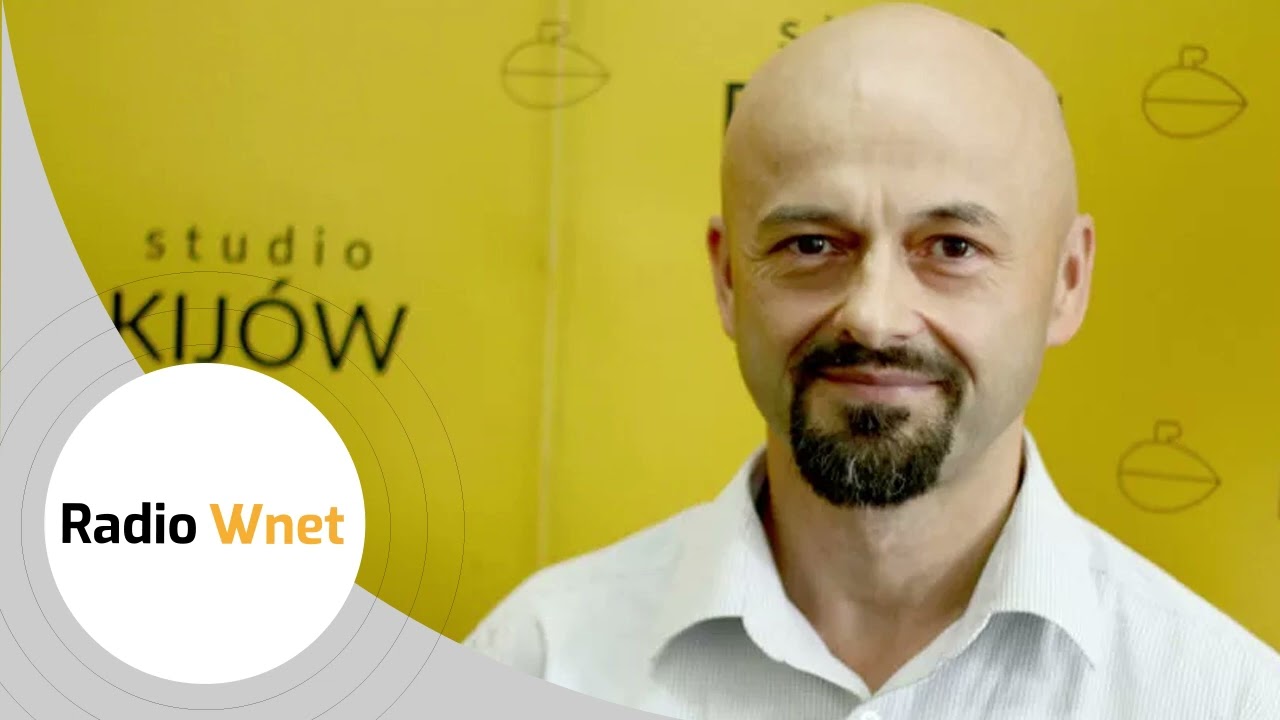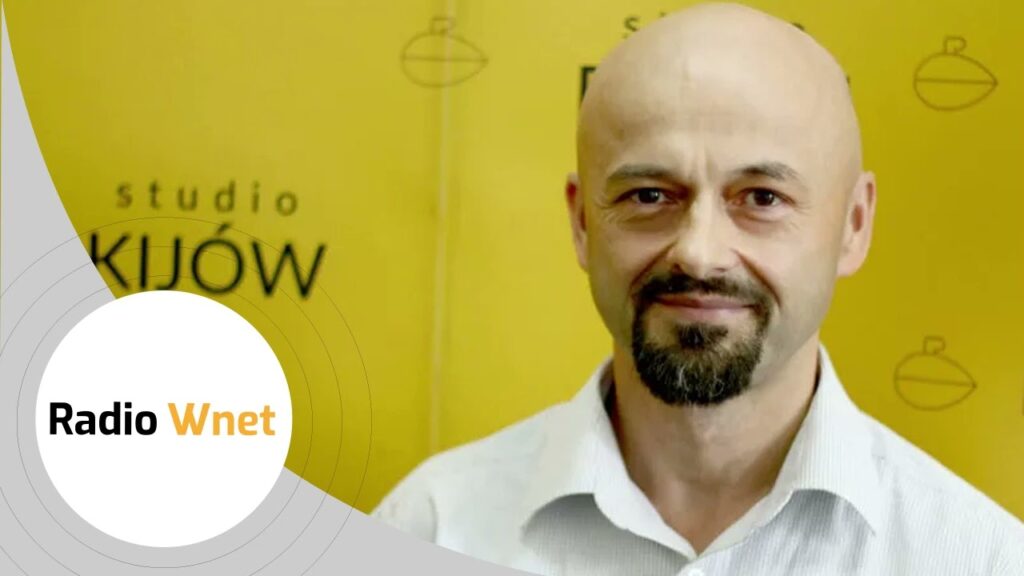
When asked about the current political situation in the region, Dr. Bruno Surdel commented on the exacerbation of issues between Turkey, Cyprus, and Greece in the context of their upcoming elections. The presence of natural resources in the eastern part of the Mediterranean Sea has been a long-standing source of tension between these countries. Turkey accuses Greece, partially Cyprus, and indirectly the European Union of unfairly claiming access to these resources.
Turkish foreign policy also places a significant emphasis on negotiations regarding NATO enlargement. The potential membership of Sweden and Finland in NATO is closely tied, despite both parties denying it, to the approval of the US Congress for Turkey’s purchase of forty F-16 fighters. Following Turkey’s exclusion from the F-35 production program by Donald Trump in 2019, President Erdoğan aims to demonstrate success in military relations with the United States.
It is noteworthy that, in Turkey’s election year, relations between Ankara, Moscow, and Damascus have visibly improved. Erdoğan has repeatedly emphasized the importance of ending the war in Syria as soon as possible. This issue is crucial for Turkey, particularly due to the presence of around 3.5 million Syrian refugees who face limited acceptance from approximately 60% of the Turkish population. Dr. Bruno Surdel, an expert from the CSM, pointed out that this topic is already significant and will take center stage in Turkey’s electoral campaign.




![„Russia and Turkey mutually rely on one another to exert influence in the Middle East,” stated Dr. Bruno Surdel during his appearance on Radio Wnet [23.01.2023]](https://csm.org.pl/wp-content/uploads/2022/09/Surdel-radio-Wnet-300x169.png)
![„Russia and Turkey mutually rely on one another to exert influence in the Middle East,” stated Dr. Bruno Surdel during his appearance on Radio Wnet [23.01.2023]](https://csm.org.pl/wp-content/uploads/2023/01/Studio-195-744x495-1-300x200.jpg)